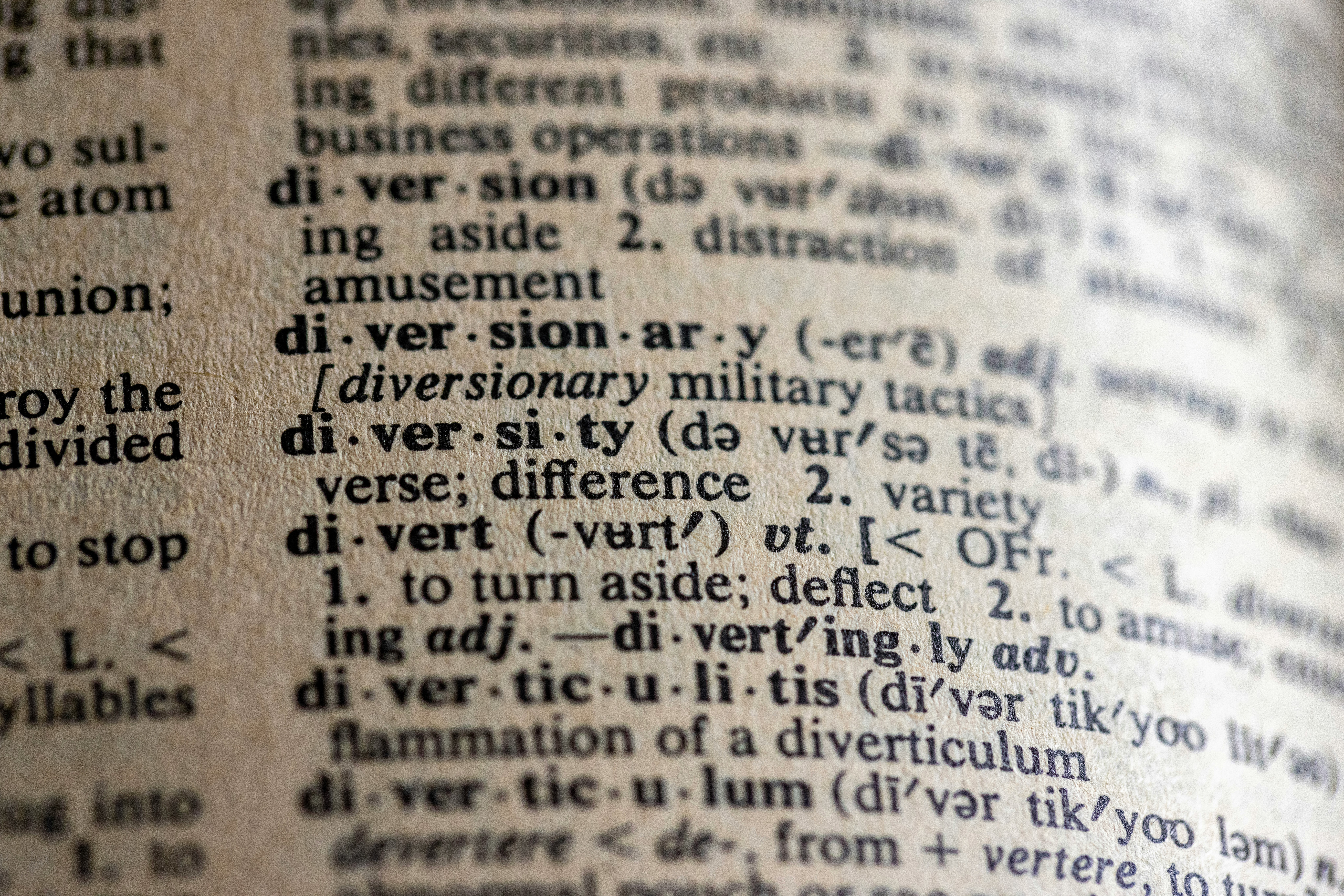Glossary Power: Ensuring Perfect Consistency in Your Books & Series with AI Translation

Balint Taborski
Founder, BookTranslate.ai

For authors of sprawling series, creators of intricate fictional worlds, or writers of detailed technical or academic texts, consistency is not just a preference – it's paramount. Readers and scholars alike rely on the precise and unwavering use of character names, place names, unique concepts, specialized terminology, and characteristic phrases. Any deviation can cause confusion, break immersion, or undermine credibility. BookTranslate.ai understands this critical need, which is why our Smart Glossary Control is a cornerstone of our translation engine.
The Challenge of Consistency in Book Translation
Imagine reading a fantasy series where a key magical term is translated differently from one book to the next, or a main character's name subtly changes spelling. Or consider an academic work where a crucial theoretical concept is rendered with varying terminology, obscuring the argument's clarity. These are common pitfalls in translation, especially with large volumes of text or multiple translators.
Even with a single AI translator, without explicit guidance, there's no guarantee that it will consistently choose the same target word for a source term every single time, especially if multiple valid translations exist. This is where a robust glossary system becomes indispensable.
BookTranslate.ai's Smart Glossary Control: Intelligent Assistance & User Authority
Our platform provides comprehensive glossary management through integrated mechanisms designed to combine intelligent AI assistance with ultimate user control:
-
AI-Suggested Glossary from Literary Analysis: As part of its pre-translation "Translation Blueprint," our AI Literary Analysis Engine identifies terms it deems critical for consistent rendering. This includes:
- For fiction: Proper names (characters, places, organizations), invented terms, unique world-building elements, recurring thematic keywords, or characteristic phrases (like a character's catchphrase or a recurring poetic image).
- For non-fiction: Conceptual cornerstones, theoretical constructs, technical jargon, authorial neologisms, or names of key laws/doctrines.
The AI is tasked to not only identify these terms but also to propose an accurate and contextually appropriate translation for each in the target language. You can then review these suggestions, enabling the ones you want to use and editing their proposed translations as needed.
-
User-Defined Glossary: You, the author or publisher, always have the authority. During the upload process, and by managing the AI's suggestions, you can build your own comprehensive list of critical terms and their precise required translations. This is your opportunity to enforce specific renderings for elements unique to your work or field.
The combination of AI suggestions and your direct input forms the definitive project glossary for your book.
How Glossary Enforcement Works Across 5 Passes
The power of BookTranslate.ai's glossary lies in its strict enforcement throughout our entire 5-Pass Refinement system:
- In Pass 1 (Initial Translation): From the very first pass, our AI is engineered with a primary directive for strict glossary adherence. It is designed to ensure that all terms defined in your project glossary are translated precisely as specified, and to self-correct if any initial renderings deviate from these critical definitions.
- In Passes 2-5 (Proofreading): The principle of strict glossary enforcement is maintained and reinforced throughout all subsequent proofreading passes. A particularly critical re-evaluation occurs in Pass 4, where the AI meticulously re-examines the translation against the definitive project glossary and any custom instructions. Any identified deviations or violations of your glossary terms are flagged as high-priority corrections to be implemented in this pass, ensuring ultimate fidelity to your specific terminology.
This means that from the very first draft to the final polished version, the AI is constantly checking and correcting its output against your active project glossary. This ensures that "The Fellowship" is always "La Communauté" (if that's your rule for French), or that "epistemological break" is consistently rendered with its precise academic equivalent in the target language.
While our AI Literary Analysis Engine is prompted to generate a dynamic number of glossary term suggestions based on book length and genre (e.g., 8-20 for short fiction, up to 20-40 for very long fiction), the emphasis is always on identifying all genuinely critical terms. We recommend users keep their custom glossaries focused (e.g., under 100 entries for optimal performance), prioritizing terms whose inconsistent translation would significantly impair understanding.
Peace of Mind for Complex Projects
With BookTranslate.ai's Smart Glossary Control, you can confidently translate even the most complex series or technical manuals, knowing that the integrity of your core terminology will be meticulously preserved. This attention to detail is just one more way we ensure your translated work is accurate, professional, and true to your original vision.
Need iron-clad consistency for your next translation? Try BookTranslate.ai and experience the power of intelligent glossary enforcement.
About the Author

Founder, BookTranslate.ai
Balint Taborski details how BookTranslate.ai's glossary features provide unparalleled consistency for complex book translation projects.
@balint_taborski
 BookTranslate.ai
BookTranslate.ai